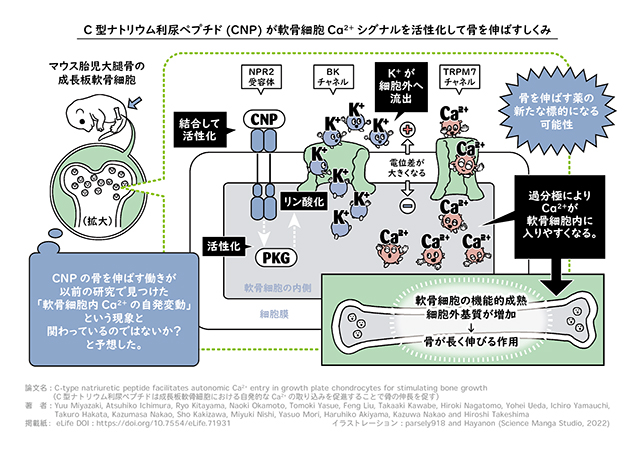2022-03-14 ミシガン大学
・新生児集中治療室に入院中の乳児を持つ母親は、スクリーニング陽性となる確率が74%高く、産後週数が1週増えるごとに陽性となる確率が4%高くなりました。
・COVID-19の感染を心配している母親は、産後うつ病のスクリーニングで陽性になる確率が71%高かった。

One in three new mothers during early COVID-19 screened positive for postpartum depression–nearly triple pre-pandemic levels–and 1 in 5 had major depressive symptoms, say University of Michigan researchers.
<関連情報>
- https://news.umich.edu/a-third-of-new-moms-during-early-covid-had-postpartum-depression/
- https://bmcresnotes.biomedcentral.com/articles/10.1186/s13104-022-05991-8
COVID-19パンデミック時の産後うつ病とその関連リスク要因について Postpartum depression and associated risk factors during the COVID-19 pandemic
Clayton J. Shuman, Alex F. Peahl,Neha Pareddy,Mikayla E. Morgan, Jolyna Chiangong,Philip T. Veliz & Vanessa K. Dalton
BMC Research Notes volume 15, Article number: 102 (2022)
Abstract
Objective
To describe postpartum depression and associated risk factors among postpartum patients in the United States (US) between February and July 2020. This study used a cross-sectional descriptive design to collect survey data from a convenience sample of postpartum patients who lived in the US and delivered a live infant after the US declared COVID-19 a public health emergency.
Results
Our sample included 670 postpartum patients who completed an online survey inclusive of the Edinburgh Postnatal Depression Scale (EPDS) and selected demographic items (e.g. NICU admission status, infant gestational age, infant feeding method). In our sample, 1 in 3 participants screened positive for postpartum depression and 1 in 5 had major depressive symptoms. Participants who fed their infants formula had 92% greater odds of screening positive for postpartum depression and were 73% more likely to screen positive for major depressive symptoms compared to those who breastfed or bottle-fed with their own human milk. Participants with infants admitted to a NICU had 74% greater odds of screening positive. Each 1 week increase in weeks postpartum increased the odds of screening positive by 4%. Participants who worried about themselves and their infants contracting COVID-19 had 71% greater odds of screening positive.
Introduction
Patients who delivered an infant during the coronavirus (COVID-19) pandemic have reported higher levels of stress during childbirth [1]. Additionally, 29.6% of pregnant patients assessed during the pandemic experience depressive symptoms [2]. Subsequently, COVID-19 has had a significant effect on peripartum mental health outcomes. COVID-19 continues to threaten public health, as infection rates in the United States increase dramatically and new variants emerge [3]. Accordingly, many cities, counties, and states within the United States have implemented or upheld mandates for the public to wear face masks to prevent the spread of COVID-19 [4]. Pregnant and postpartum patients are considered an at-risk population for severe COVID-19 infection and symptoms [5]. The emotional, social, and physical consequences associated with increased anxiety and confusion surrounding infection risk can adversely affect maternal mental health [6,7,8], placing postpartum patients at greater risk for postpartum depression [7,8,9]. Emerging research has begun to describe how the stressors associated with COVID-19 affect postpartum mental health [9,10,11,12,13]; however, few studies have been conducted in the United States which describe factors associated with postpartum depression during the COVID-19 pandemic.
As the COVID-19 pandemic and the public health response to it evolves, it is critical for clinicians and researchers to understand postpartum depression within the context of a global pandemic. Peripartum patients during the pandemic may have different experiences than those who delivered prior to the pandemic. Consequently, describing and understanding the risk factors for postpartum depression during this unprecedented time can inform clinical practice and policy. Accordingly, our report describes postpartum depression and associated risk factors of postpartum patients in the United Sates between February and July 2020.


